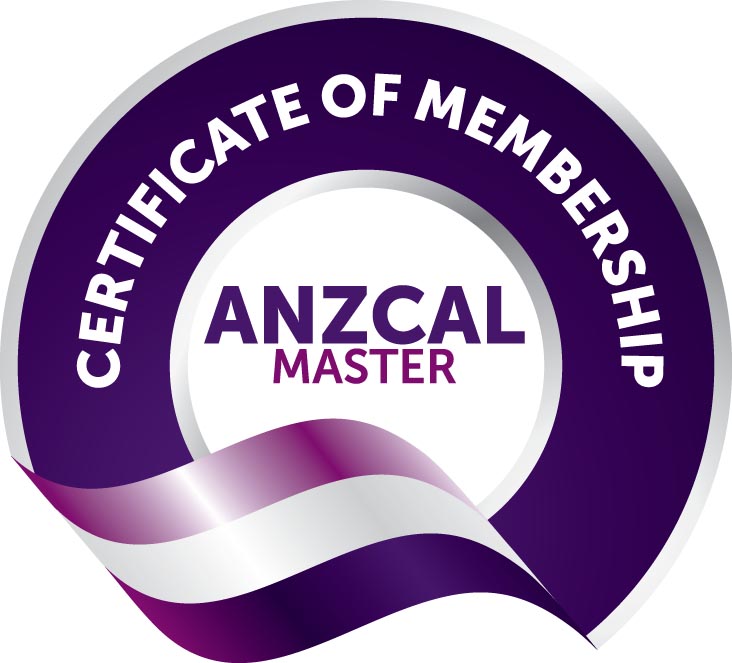A positive and supportive work environment is essential for early childhood educators, as it can enhance their wellbeing, motivation, performance and promote retention. A positive and supportive work environment is one that is safe, healthy, respectful, collaborative and conducive to professional growth (ILO, 2014). Such an environment can also benefit the children and families that educators serve, as it can foster positive relationships, high-quality practices, and optimal outcomes (Zinsser et al., 2016).
Here are some strategies that can help promote a positive and supportive work environment for early childhood educators:
-
Build caring and responsive relationships
Relationships are the foundation of a positive and supportive work environment, as they provide a sense of belonging, trust, and security for educators. Educators need to feel valued, appreciated, and understood by their colleagues, supervisors and management. They also need to have opportunities to communicate effectively, share feedback, express concerns, and resolve conflicts constructively. By building caring and responsive relationships, educators can create a positive social and emotional climate that enhances their wellbeing and collaboration (ECLKC, 2018).
-
Provide a high-quality physical setting
The physical setting of the work environment can influence the wellbeing and performance of educators. Educators need to have access to adequate space, equipment, materials and resources that support their work. They also need to have a comfortable, clean, safe, and aesthetically pleasing work environment that reflects their identity and culture. By providing a high-quality physical setting, educators can create a positive learning environment that supports their creativity and productivity (OECD, 2017).
-
Offer opportunities for professional development
Professional development is a key component of a positive and supportive work environment, as it enables educators to enhance their knowledge, skills and competencies in the field. Educators need to have access to ongoing, relevant and diverse professional development opportunities that meet their needs and interests. They also need to have support, guidance and recognition for their professional growth. By offering opportunities for professional development, educators can create a positive learning culture that fosters their competence and confidence (NAEYC, 2016).
-
Encourage employee satisfaction and empowerment
Employee satisfaction and empowerment are important aspects of a positive and supportive work environment, as they influence the motivation and retention of educators. Educators need to have a clear vision, mission and goals for their work. They also need to have autonomy, flexibility and input in decision-making processes that affect their work. By encouraging employee satisfaction and empowerment, educators can create a positive organizational culture that inspires their commitment and loyalty (McHugh, 2016).
In conclusion, promoting a positive and supportive work environment for early childhood educators is a vital task that requires the collaboration of all stakeholders in the field. By building caring and responsive relationships, providing a high-quality physical setting, offering opportunities for professional development and encouraging employee satisfaction and empowerment, educators can create a positive and supportive work environment that benefits themselves, the children, the families and the society.
© Gaynor Clarke, 2023
References
- ECLKC (2018). Building positive learning environments for young children starts with you. Retrieved from https://eclkc.ohs.acf.hhs.gov/blog/building-positive-learning-environments-young-children-starts-you
- ILO (2014). Policy guidelines on the promotion of decent work for early childhood education personnel. Retrieved from https://www.ilo.org/wcmsp5/groups/public/—ed_dialogue/—sector/documents/normativeinstrument/wcms_236528.pdf
- McHugh M (2016). The impact of compensation on employee performance: A literature review. Journal of Human Resources Management Research 1–11.
- NAEYC (2016). Building environments that encourage positive behavior: The preschool behavior support self-assessment. Retrieved from https://www.naeyc.org/resources/pubs/yc/mar2016/building-environments-encourage-positive-behavior-preschool
- OECD (2017). How’s life? 2017: Measuring well-being. Retrieved from https://www.oecd-ilibrary.org
- Zinsser KM et al. (2016). Creating positive learning environments: Perceived emotional support as a predictor of preschool teacher well-being. Early Education & Development 27(6): 865–882.
Gaynor Clarke
B.Ed (Teaching), Cert Tertiary Teaching, PGDip Ed, MEd Leadership
Reach. Teach. Lead.
Reach Education Ltd
Teacher Leadership Mentoring and Life Coaching. Personal and Professional Development.
Gaynor is a teacher educator and mentor facilitating personal & professional leadership wellbeing outcomes for teachers.
If you are an early childhood teacher or leader looking to enhance your leadership skills, I would love to work with you. As a leadership mentor and coach, I specialize in helping early childhood educators develop their leadership potential and make a positive impact for the ākonga they serve. If you are interested in learning more about my leadership mentoring services, please visit my website or contact me directly to schedule a consultation. I would love to work with you!









Leave a Comment
You must be logged in to post a comment.